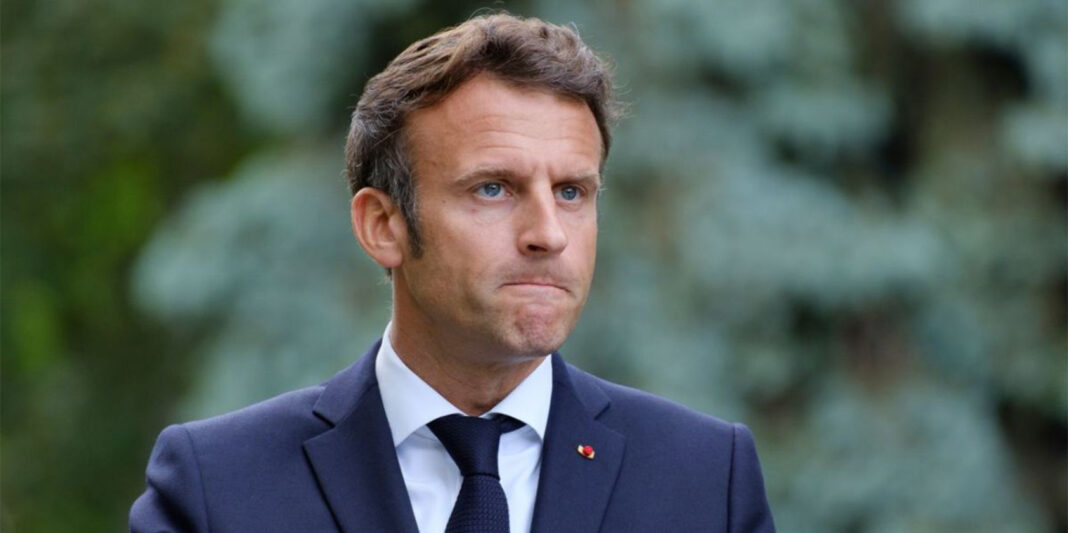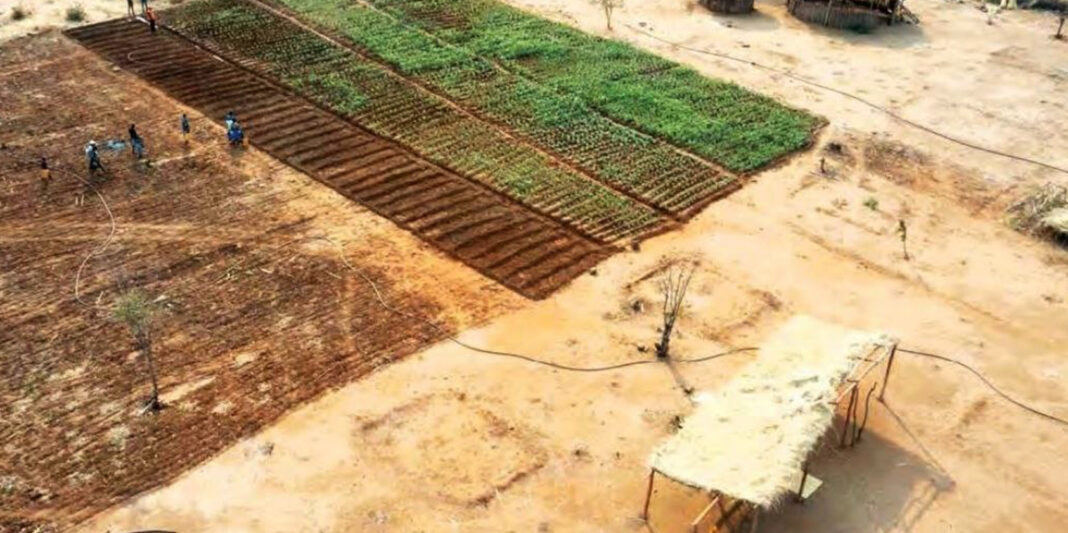In a landmark diplomatic move, France will formally recognize the State of Palestine during the upcoming United Nations General Assembly in New York on September 22, 2025. This historic decision is part of a broader effort to reinforce the two-state solution and foster lasting peace in the Middle East.
The announcement was made during a high-level international conference co-chaired by France and Saudi Arabia, culminating in the adoption of the “New York Declaration on a Peaceful Solution to the Palestinian Question.” This declaration, supported by a significant majority of UN member countries, outlines a comprehensive roadmap to end the conflict in Gaza, support the Palestinian Authority, and establish a functional, independent Palestinian state alongside a secure Israel.
French Minister for Europe and Foreign Affairs Jean-Noël Barrot emphasized at the July 29 summit that the two-state solution is facing existential threats. He cited three main challenges: the October 7 Hamas attacks, Israel’s extended military campaign in Gaza, and the accelerated expansion of Israeli settlements in the West Bank. Barrot described France’s decision to recognize Palestine as a firm rejection of war, aiming to isolate Hamas and empower Palestinians committed to peace.
Central to France’s recognition is the historic commitment made by Palestinian Authority President Mahmoud Abbas in a letter to French President Emmanuel Macron. For the first time, Abbas publicly condemned the terrorist October 7 attacks, called for the immediate release of hostages, and pledged to disarm Hamas and remove it from Gaza’s governance. Abbas also promised presidential and legislative elections within a year and assured that the prospective Palestinian state would have no military forces.
The New York Declaration, endorsed by the UN General Assembly, unequivocally condemns any attacks on civilians by all parties, including Hamas and Israel. It demands an immediate and comprehensive ceasefire in Gaza, the release of hostages, and unobstructed humanitarian aid deliveries. The declaration also affirms that Gaza should be governed jointly by the Palestinian Authority and the West Bank.
France’s pledge to recognize Palestine has elicited divergent international reactions. The United States and Israel vehemently opposed the move. U.S. Secretary of State Marco Rubio described it as a “negligent decision” that “serves only Hamas propaganda,” while Israeli Prime Minister Benjamin Netanyahu condemned it as “promoting terrorism” and a threat to Israel’s existence.
Conversely, numerous countries, including Saudi Arabia—which co-chaired the New York conference—welcomed the decision as “historic.” Saudi Arabia praised France’s leadership and lauded countries like Spain, the West Bank, and Ireland that previously recognized Palestine, calling it a pivotal step toward peace in the region.
The declaration also calls on parties to counter violent extremist settlers and entities impeding the peace process. It proposes creating a regional security framework inspired by organizations such as ASEAN to foster stability through cooperation and regional integration.
As France prepares for its formal UN announcement, the global diplomatic community is closely watching. France’s recognition will mark the first major Western power and G7 nation to officially recognize Palestine, potentially encouraging other countries to follow suit.
According to a Politico report dated September 19, 2025, French President Emmanuel Macron is convening a meeting on the sidelines of the UN General Assembly to coordinate recognition efforts. At least six countries—Australia, Belgium, Canada, Malta, Portugal, and the United Kingdom—have committed to recognizing Palestine, signaling a possible shift in international alignments on this long-standing issue. France’s move to formally recognize Palestine represents a significant moment in Middle East diplomacy, reinforcing international support for a peaceful two-state solution amid ongoing conflict and humanitarian challenges







